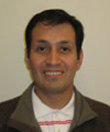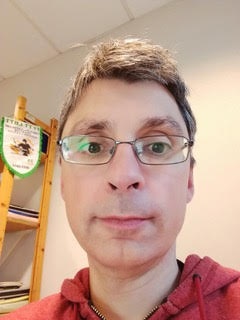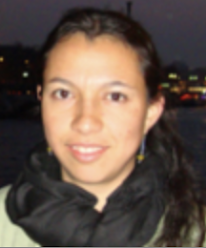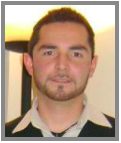Optimization for Digital Analysis and Processing
|
|
Chairs:
Advances in the fields of digital signal processing (detection, recognition, and processing of digital audio and video, seismology, control systems, biomedical and satellite signals, to name a few) lead to a wide-spread usage of optimization approaches. These tasks often employ optimization schemes as they intend to find the “best” solution for some criteria. Furthermore, the choice of the optimization approach sternly affects the performance of the overall task, concerning efficiency measures like accuracy and runtime, among others. The goal of this special session is to allow researchers to present recent advances, perspectives, and applications in both, theoretical and practical aspects, of optimization approaches contributing to the improvement of analysis and processing of digital signals.
Contributions addressing the following (and related) topics are welcome:
All submission will be peer-reviewed by a panel of international experts. |
Contact: Dr. Javier Flavio Vigueras This email address is being protected from spambots. You need JavaScript enabled to view it.
Biographies:
- Javier Flavio Vigueras received the BE degree in Electronics from the Metropolitan Autonomous University in Mexico city in 1999. In 2001 he received the MSc degree in Computer Sciences from the Centre for Research in Mathematics, Mexico. In 2007 he received the PhD degree in informatics from the Université Henri Poincaré and the National Institute for Research in Informatics and its Applications (INRIA), France. He has been researcher at the Centre for Research in Mathematics in Mexico and visiting researcher at Boston University. Since 2011, he labors at the Electronic Engineering Department at the Faculty of Sciences of the Autonomous University of San Luis Potosi in Mexico. His current interests include geometric computer vision, virtual and augmented reality, machine learning and their applications. He has collaborated in several programs of industrial and mathematical problem solving. Since 2016, he leads the Educational Mathematics program at the Autonomous University of San Luis Potosi.
- Jean-Bernard Hayet, studied at ENSTA (Paris) and got his master degree at University Paris VI and his Ph.D. at University of Toulouse and LAAS-CNRS (2003). He has been a post-doc fellow at University of Liege. Since 2007, he works at CIMAT in Guanajuato, México as a researcher. He teaches computer science and does research at the confluence of mobile robotics and computer vision.
- Guadalupe Dorantes Méndez is a full time researcher at the Universidad Autónoma de San Luis Potosí, Mexico and a member of the National System of Researchers. She received her degree and her master of science in biomedical engineering from the Universidad Autónoma Metropolitana and her Ph.D. in bioengineering from Politecnico di Milano, Italy. Her research interests are: cardiovascular signal processing, physiological interactions, multivariate processing techniques, machine learning and biomedical instrumentation.
- Aldo Rodrigo Mejía Rodríguez received his degree in Biomedical Engineering (2006) and Master of Science in Biomedical Engineering (2009) from the Universidad Autónoma Metropolitana - Iztapalapa (UAM-I). Subsequently he completed his doctoral studies at the Politecnico di Milano in Milan, Italy, where he did his thesis project in conjunction with the Institute of Bioimage and Molecular Physiology (IBFM) of the National Research Council (CNR); obtaining the degree of Bioengineering PhD in 2013. From June 2014 to date Dr. Mejía is part of the Faculty of Sciences of the Autonomous University of San Luis Potosí (UASLP) as a professor-researcher for the Biomedical Engineering and the Postgraduate in Electronic Engineering (PNPC - CONACyT) programs. His research work focuses mainly on the processing and analysis of medical images (registration and segmentation) for clinical applications, and the design and analysis of biomedical instrumentation for wearable devices and support systems in clinical decision making. He is the author of several publications in indexed journals and papers presented at international and national conferences.





